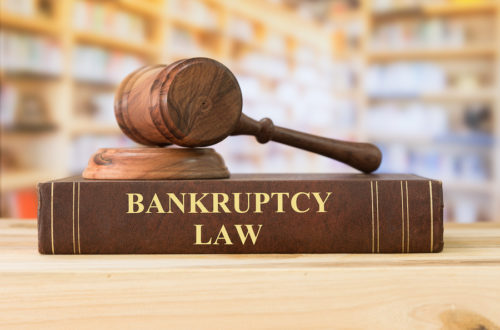Lenders who cannot work out a repayment plan with homeowners must foreclose or risk losing federal insurance. The insurance protects the lenders against loss on 600,000 reverse mortgages totaling about $146 billion in debt – almost the entire reverse market.
There is “a historic backlog” of loans with unpaid property charges, which are coming due, according to Peter Bell, president of the National Reverse Mortgage Lenders Association.
Nearly 24,000 borrowers in the U.S. received notices that their reverse became “due and payable” in the 2015 federal fiscal year ending last September, according to the U.S. Department of Housing and Urban Development.
Rules for new reverse mortgages, including assessments to make sure borrowers can pay property charges, were issued in the wake of the financial crisis to make the loans a sustainable way for seniors to age in place, the agency said.
Under a reverse mortgage, borrowers put up their homes as security and receive a loan either in a lump sum or in monthly payments and are allowed to defer payments on the debt until they die, move away or fail to pay property charges. They appeal to seniors who may have substantial equity in their homes but are having trouble meeting living expenses.
But five years ago, facing federal auditors’ criticism for losing millions on defaulting reverse mortgages, HUD notified lenders that they should foreclose when property charges were not paid, unless they could work out a plan for borrowers to pay them. Otherwise, the properties would no longer meet federal guidelines and FHA would refuse to insure the mortgages, leaving lenders at risk of financial loss.
Housing advocates have also heard from a number of troubled borrowers. In 2014, several borrowers sued HUD seeking to protect widows as more of them were being forced out of their homes because they were not co-borrowers with their spouses and therefore not covered by the guarantee that they could stay until they died. The suit prompted HUD to issue guidelines allowing lenders to turn over mortgages to the FHA when a sole borrower dies – getting fully paid for the debt – and allowing aged widows to stay in the home. But some housing advocates say that lenders do not have to initiate the process to have that happen, and not all of them do.
Click here to read more on this story.
Choosing the right attorney can make the difference between whether or not you can keep your home. A well-qualified Miami foreclosure defense attorney will not only help you keep your home, but they will be able to negotiate a loan that has payments you can afford. Miami foreclosure defense attorney Timothy Kingcade has helped many facing foreclosure alleviate their stress by letting them stay in their homes for at least another year, allowing them to re-organize their lives. If you have any questions on the topic of foreclosure please feel free to contact me at (305) 285-9100. You can also find useful consumer information on the Kingcade & Garcia website at www.miamibankruptcy.com.



